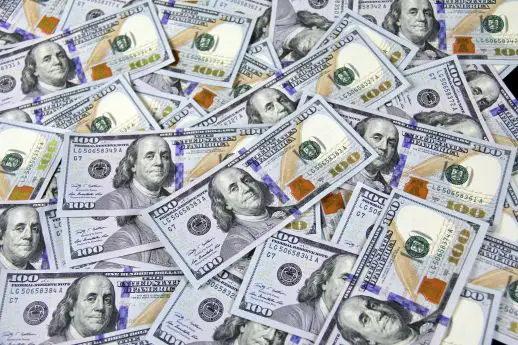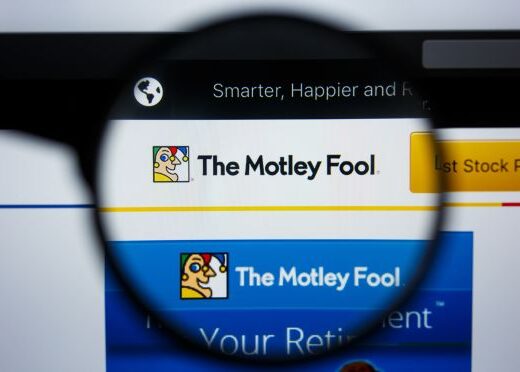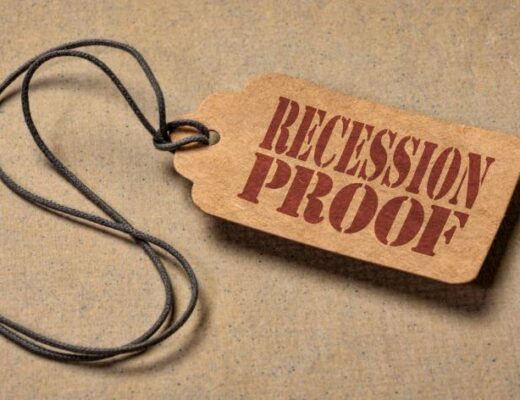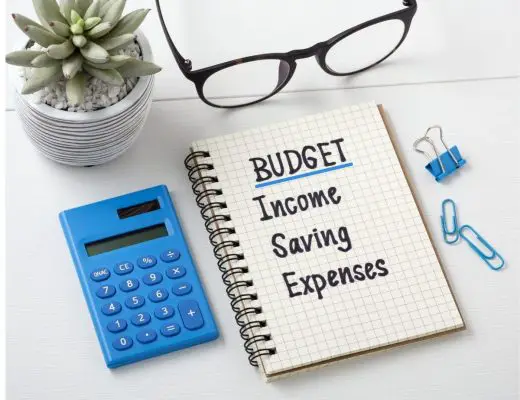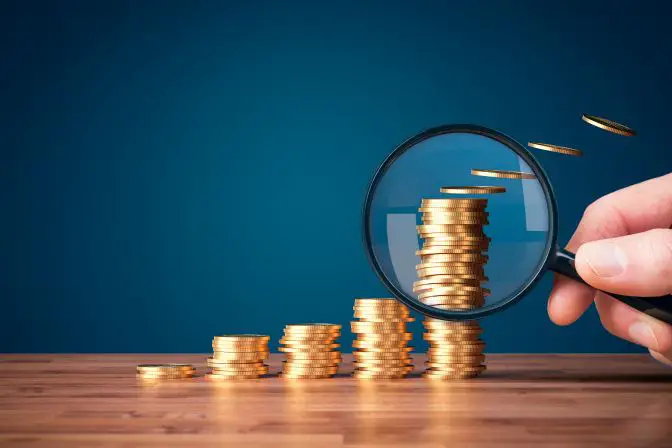
CommonCentsMom.com is advertiser-supported: we may earn compensation from the products and offers mentioned in this article. However, any expressed opinions are our own and aren't influenced by compensation. The contents of the CommonCentsMom.com website, such as text, graphics, images, and other material contained on this site (“Content”) are for informational purposes only. The Content is not intended to be a substitute for professional financial or legal advice. Always seek the advice of your Financial Advisor, CPA and Lawyer with any questions you may have regarding your situation. Never disregard professional advice or delay in seeking it because of something you have read on this website!
Being able to open a bank account online is extremely convenient. However, you should be aware that banks can sometimes ask for details regarding the status of your account.
The truth is that there are cases in which people get contacted by their bank to be questioned about some of their recent transactions, or the number of money they’re getting from outsiders. And in some cases, these people are also being asked if they received any money from their employer or other sources. This is a common practice of banks and they use it as a way to ensure that they’re not allowing unsavory practices to continue. This can help them prevent the crimes of people who might be committing fraud.
Reasons Why a Bank Asks Where Your Money is From
Banks usually ask for details regarding the source of your money because they’re trying to make sure that it’s legitimate. Banks usually have several checks and controls in place to prevent fraud, and they want to make sure that you’re not a fraudster who is committing the crime of identity theft.
Furthermore, banks are also asking you where your money is coming from because they want to know if you’re using it in a way that might be illegal. For example, if you were making large transactions online or getting large amounts of money from your employer or other sources, for reasons that are concerning, then this might be an indication that you’re trying to commit fraud or money laundering.
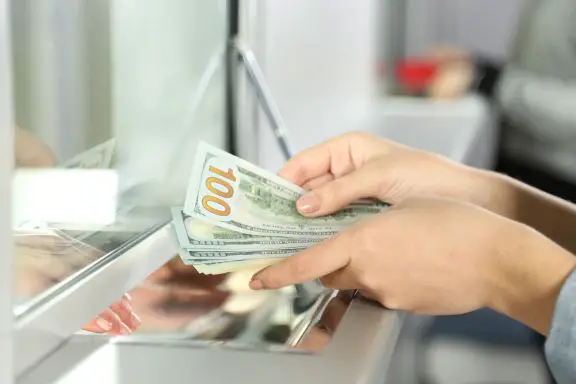
FAQs
Do I have to Tell the Bank where I Got the Money?
The answer depends on various factors. Remember, under the Bank Secrecy Act (BSA), the bank may ask for additional information or documentation that details the source of the money. This applies to large or suspicious deposits in most cases.
If the bank doesn’t have a reason to suspect the money is suspicious, you likely won’t be asked where the deposit came from.
In general, banks don’t enquire about the source of your money unless there’s a reason; they believe the funds are derived from illegal activities.
How Much Cash Can You Deposit in a Bank Without Being Reported?
Under the Bank Secrecy Act (BSA), a bank is required to report cash transactions over $10,000. The information is given to the Financial Crimes Enforcement Network (FinCEN).
Reports are sent in for deposits, withdrawals, and when you exchange cash. So, if you deposit more than $10,000, the bank must make a report to FinCEN about your transaction.
Can a Bank Look into Your Account?
Yes! Once you deposit money into the bank, the funds become the property of the bank. You have the right to have access to your money and take it out at any time. However, when you make a deposit, the money belongs to the bank.
But you’ll be happy to know that banks have rules to keep anyone within the bank from accessing information about your account, including the balance.
Can a Bank Access my Account Without Permission?
The bank can view your account (see above) without your permission. In addition, the bank may access your account if there’s a legal reason to do. For instance, if you owe outstanding debts, a federal or state agency may ask the bank for your account records. This also applies if you have evaded paying taxes.
When Should You Worry?
Generally, a bank would need to report to the IRS whenever an account is depositing over $10,000, per the Secrecy Act passed by Congress. Still, it’s best to always check with your bank before you make any large deposits. Keep in mind that even if you stretch out this payment over several different deposits (and even across several different bank accounts), they can still report it to the IRS. In fact, there’s a specific term for this: structuring. It is a tactic commonly used by money launderers who are trying to evade the IRS.
If your bank reports money deposited or withdrawn from your account in excess of $10,000, that doesn’t mean you should be concerned. It helps banks identify unusual or fraudulent transactions. It’s intended to help banks locate money that is being deposited into their accounts and to monitor where that money goes.
It should not be immediately believed that doing something illegal is happening. It simply aids authorities to figure out if a person’s identity has been compromised, or if a transaction or transaction series is unusual or fraudulent. It could simply just be that the bank account belonged to a small business that often deals in cash.
You can always ask your bank if there’s any specific steps you should take, such as filling a form, before or after making a large deposit. That way, you can be sure that you’re not being targeted unfairly by your bank.

